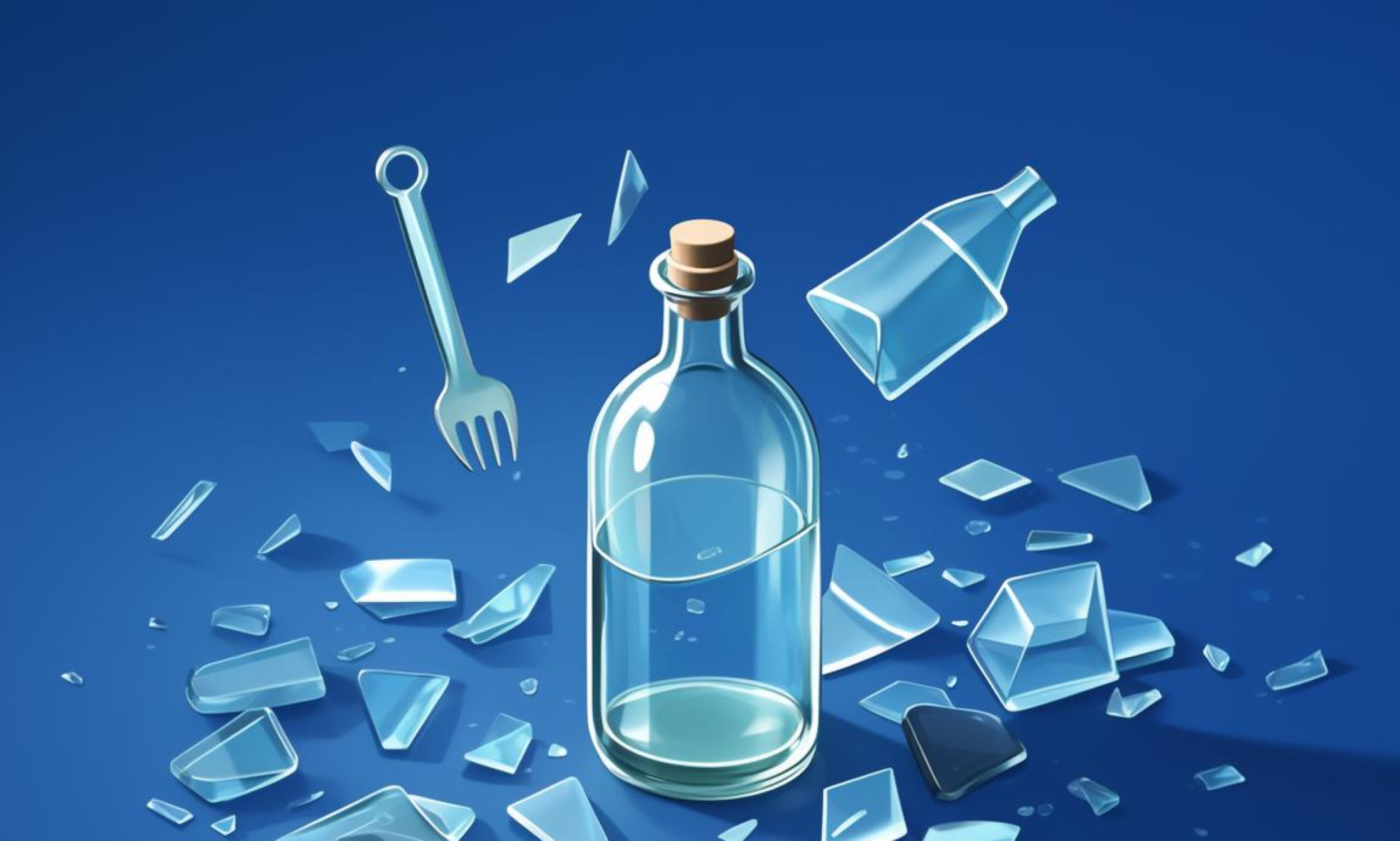With the global push toward sustainability, businesses are increasingly adopting eco-friendly practices to reduce their environmental impact. One area that has seen significant growth is the demand for sustainable packaging solutions, particularly in the B2B sector for glass jar sourcing. Companies are now not only focused on reducing waste but also ensuring that their supply chains align with environmental standards. This article delves into the latest updates in eco-regulations and the importance of certifications for B2B glass jar sourcing.
Sustainability Certifications: The New Norm in B2B Glass Jar Sourcing
What Are Sustainability Certifications?
Sustainability certifications are a way for businesses to demonstrate their commitment to environmental responsibility. These certifications evaluate a company’s sustainability practices, including resource efficiency, waste management, and ethical sourcing. For B2B glass jar sourcing, certifications ensure that suppliers follow sustainable practices, from raw material extraction to production and disposal.
Popular Sustainability Certifications for Glass Jars
There are several certifications that businesses can pursue when sourcing glass jars. Some of the most recognized include:
- ISO 14001: This certification focuses on environmental management systems, ensuring companies minimize their environmental impact.
- LEED (Leadership in Energy and Environmental Design): While more commonly associated with building design, LEED principles can be applied to manufacturing processes, including glass jar production.
- BPI (Biodegradable Products Institute): This certification ensures that products, including glass jars, are made from biodegradable materials or are recyclable.
- FSC (Forest Stewardship Council): For glass jars, this certification ensures responsible sourcing of raw materials, particularly those related to forests.
Each certification has its own requirements, but they all share a common goal: promoting sustainable practices throughout the supply chain.
The Benefits of Sustainability Certifications
Sustainability certifications offer several advantages for B2B glass jar sourcing. They can:
- Enhance Brand Reputation: Customers increasingly favor brands that prioritize sustainability, and certifications can help build trust and loyalty.
- Open New Markets: Many buyers prefer to work with certified sustainable suppliers, which can expand your customer base.
- Reduce Risk: Certifications provide a framework for compliance, helping you avoid penalties or legal issues related to environmental regulations.
- Improve Operational Efficiency: By adopting sustainable practices, you can reduce costs and improve energy efficiency in your supply chain.
However, obtaining these certifications can be a complex process. It requires documentation, audits, and continuous improvement efforts, which may seem daunting. But the long-term benefits far outweigh the initial challenges.
Challenges in Achieving Sustainability Certifications
While sustainability certifications are highly sought after, the journey to obtain them is not without its challenges. Some of the key hurdles include:
- Resource Constraints: Implementing sustainable practices can require significant investments in technology, training, and infrastructure.
- Complex Supply Chain Management: Achieving sustainability across the entire supply chain can be challenging, as it requires collaboration with multiple partners.
- Cost Considerations: Sustainable materials and processes often carry higher costs, which can strain budgets.
- Regulatory Compliance: Navigating the often-changing landscape of environmental regulations can be time-consuming and complex.
Despite these challenges, many companies are willing to invest in sustainability certifications because of the growing consumer demand and the competitive advantages they provide.
The Future of Eco-Regulations in B2B Glass Jar Sourcing
Eco-regulations are expected to play an increasingly important role in B2B glass jar sourcing. Governments and organizations are continuing to develop new regulations and standards to promote sustainability. For example, the European Union has introduced the Single Market for Green Products, which aims to make sustainable products more visible and accessible to consumers. Similarly, the California Air Resources Board (CARB) has proposed stricter regulations on packaging materials to reduce waste.
As these regulations evolve, businesses will need to stay informed about the latest requirements and adapt their sourcing strategies accordingly. This will involve not only meeting regulatory standards but also exceeding them to remain competitive in the market.
Conclusion
Sustainability certifications are becoming a critical component of B2B glass jar sourcing strategies. They not only help companies reduce their environmental impact but also enhance their brand reputation and open new business opportunities. While the process of obtaining certifications can be challenging, the long-term benefits far outweigh the initial efforts. As eco-regulations continue to strengthen, businesses must stay proactive to remain ahead of the curve and meet the growing demand for sustainable products. By prioritizing sustainability, companies can build a more resilient and ethical supply chain that aligns with the values of today’s consumers and regulators.
